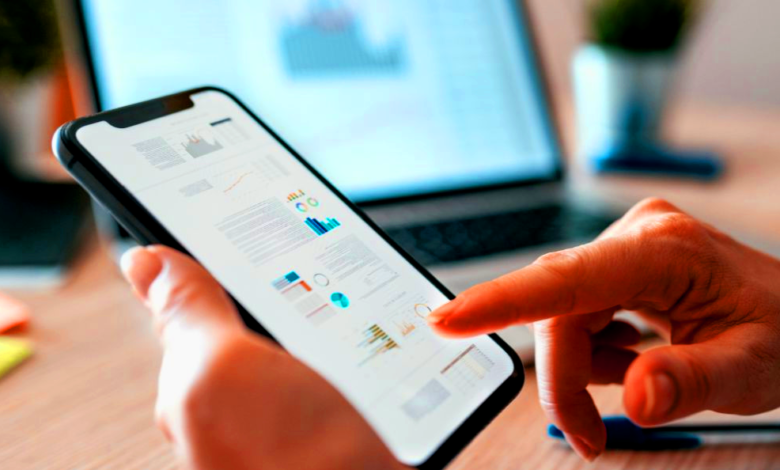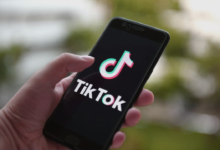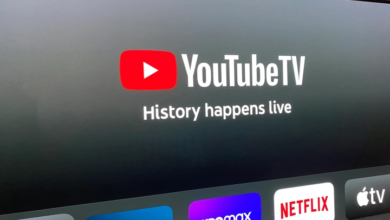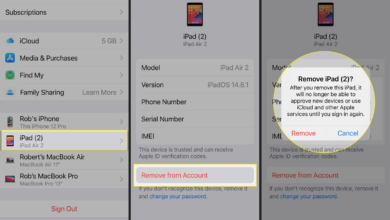
Effectively managing finances can transform lives, bringing peace of mind, security, and the freedom to pursue goals without stress. With a wide array of budgeting apps available, anyone can take charge of their financial life, making saving, spending, and investing smoother than ever. This guide walks you through the best budgeting apps, explaining how they work, their top features, and how they can benefit you in achieving financial wellness.
Key Benefits of Budgeting Apps
Managing finances effectively is crucial, but traditional methods like spreadsheets can be time-consuming and error-prone. Here’s where budgeting apps come in:
- Real-time Tracking: With constant updates on expenses and income, you gain an accurate picture of your finances.
- Goal Setting: Most apps allow you to set financial goals, whether it’s saving for a vacation or paying down debt.
- Spending Insights: Budgeting apps categorize spending, making it easier to see where your money goes.
- Account Integration: Many apps connect directly to your bank, credit, and investment accounts for a full financial overview.
- Alerts and Reminders: Notifications help keep you on track, sending reminders about bills and budget limits.
Read More: How to Set Up a Secure Home Network: Technology Guide 2025
Choosing the Right Budgeting App
Each app offers unique features tailored to different financial needs. Before selecting an app, consider:
- Cost: Some budgeting apps are free, while others have subscription fees.
- Features: Look for tools that align with your financial goals, like debt management, investment tracking, or shared budgeting.
- User Interface: The best app for you should be easy to navigate and understand.
- Security: Ensure the app has strong security protocols, including encryption and multi-factor authentication.
- Device Compatibility: Confirm that the app works on your preferred device(s), whether mobile or desktop.
Top Budgeting Apps for Managing Finances
With many apps available, it’s essential to choose one that matches your financial needs and style. Here’s a rundown of the best budgeting apps on the market:
Mint
Mint is one of the most popular best budgeting apps, ideal for beginners and advanced users alike. It offers:
- Expense Tracking: Mint automatically categorizes your transactions, giving insights into spending patterns.
- Goal Setting: Users can set financial goals and receive alerts if they exceed their budget.
- Bill Reminders: Never miss a payment with Mint’s reminders.
Pros: Free to use, robust set of features, investment tracking
Cons: Contains ads, may have data syncing issues occasionally
YNAB (You Need a Budget)
YNAB offers a unique, proactive approach to budgeting based on giving each dollar a “job.” It emphasizes the need to budget what you currently have, rather than expected income.
- Four-Rule Philosophy: YNAB operates on principles that help users prioritize and control spending.
- Debt Payoff Tools: Specifically designed tools for faster debt elimination.
Pros: Effective for debt management, supportive community and resources
Cons: Requires a monthly or annual subscription
PocketGuard
PocketGuard is user-friendly and focused on preventing overspending. It calculates how much “pocket” money is available after accounting for bills and essentials.
- Income vs. Spending: It connects to bank accounts to give a clear picture of income vs. spending.
- Savings Goals: Users can set savings goals, and PocketGuard helps track progress.
Pros: Great for overspenders, savings tool
Cons: Limited features compared to other apps
Goodbudget
Goodbudget is a digital version of the “envelope” budgeting system, dividing income into categories, or envelopes, for various expenses.
- Envelope Budgeting: Allocate money into different envelopes, tracking where each dollar goes.
- Shared Budgets: Easily share the budget with family or a partner.
Pros: Family-friendly, helpful for specific spending limits
Cons: Limited to envelope budgeting, doesn’t connect to bank accounts
Personal Capital
Personal Capital is a hybrid of budgeting and investment tracking, ideal for those with complex finances.
- Investment Tracking: Personal Capital’s financial tools are valuable for those managing investments.
- Net Worth Tracking: Track assets and liabilities to get a clear view of your net worth.
Pros: Great for investors, comprehensive financial tools
Cons: Some tools are free, but advanced features come with a fee
How to Use Budgeting Apps Effectively
To get the most out of your budgeting app, follow these tips:
- Set Clear Goals: Define what you want to achieve, whether it’s saving, paying down debt, or investing.
- Regular Check-ins: Review your budget at least once a week to ensure you’re on track.
- Use Notifications: Enable alerts to receive reminders about upcoming bills and budget limits.
- Analyze Spending Habits: Use app insights to identify areas where you can cut back.
- Adjust as Needed: Don’t hesitate to adjust your budget if circumstances change.
Advanced Features in Budgeting Apps
Some budgeting apps offer advanced tools that make financial management even more effective:
- Investment Tracking: Apps like Personal Capital and Mint allow you to monitor your investments in real time.
- Subscription Management: Apps like PocketGuard notify you about upcoming subscriptions, so you can avoid unwanted renewals.
- Customizable Reports: Many apps allow you to generate spending reports, helping you analyze trends and improve financial habits.
Conclusion
Budgeting apps provide invaluable support for managing finances in a fast-paced world. They simplify tracking, saving, and reaching financial goals, offering a powerful way to improve your financial health. By selecting the right app, you’re one step closer to mastering your finances and achieving peace of mind.
Frequently Asked Questions
1.Can budgeting apps replace traditional financial advisors?
While budgeting apps offer great tools, they may not replace the personalized guidance of a financial advisor for complex financial decisions.
2. Are budgeting apps safe to use?
Yes, most reputable apps use encryption and other security features to protect your data.
3. How much do budgeting apps typically cost?
Costs vary from free to around $15/month, depending on the features.
4. Which budgeting app is best for couples?
Goodbudget and YNAB are excellent options for couples who want to budget together.
5. Do budgeting apps work offline?
Some apps offer limited offline functionality, but most features require an internet connection.











